 Nelt has released its first “Distribution with care” Sustainability Report in line with the international GRI reporting standard.
Nelt has released its first “Distribution with care” Sustainability Report in line with the international GRI reporting standard.
The Report uses measurable indicators to show important aspects of the business and objectives that Nelt as a socially responsible company has achieved over the last two years while acting responsibly to the market, company employees, the environment, and the local community.
“The last two years have been very successful for us,” Nelt’s CEO Boris Mačak said. “With an organic, stable growth of business, we have done a lot in the field of sustainability itself. We have introduced systemic improvement of knowledge and skills of our employees through additional hours of training, we have increased efficiency through new technologies, we are using natural resources more rationally, and we continue to help local communities through our years-long CSR strategy.
Mačak added: “To us, reporting means a continued dialogue with stakeholders, and the methodology we used is one that enables transparency in business and comparing our results with those of other companies in this industry, both globally and locally.”
GRI is an international independent organization whose established methodology provides guidelines for companies, governments, and other organizations to understand and communicate the impact of business on key sustainability issues such as climate change, human rights, corruption, environmental protection and many others. GRI sets a standard in reporting, allowing reports to be comparable.
In the context of increasing demands for transparency, more intense reporting on sustainability and corporate social responsibility has become an inevitable practice and one of the most efficient ways of communicating. In addition, the European Parliament passed a law in 2014, stipulating this type of reporting as mandatory for companies with 500+ employees. In Serbia, so far, 12 companies have published sustainable reports to GRI standards.
Nelt’s sustainability report “Distribution with care” you can find on this link.
Source: amcham.rs




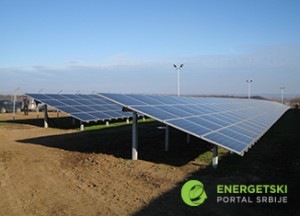


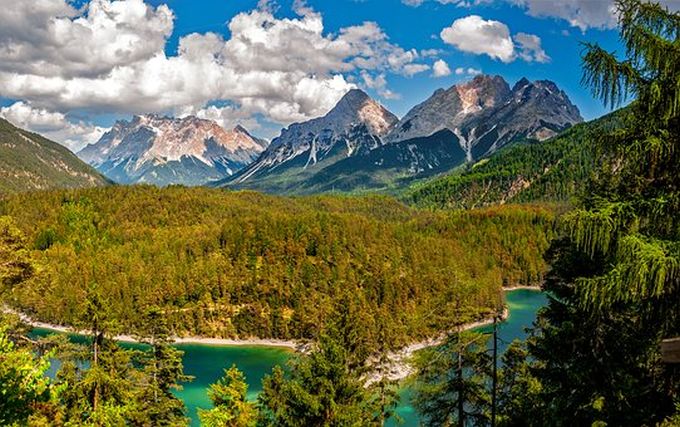
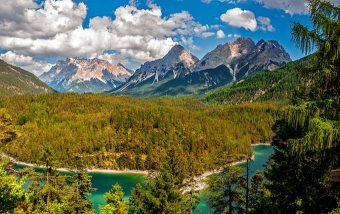
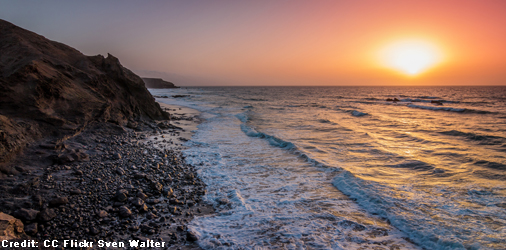
 ABB has received orders to supply gas-insulated switchgear (GIS) and shunt reactors to Red Eléctrica de España, (REE) the transmission agent and operator of the Spanish electricity system to support the upgrade of the electricity transmission infrastructure on the Canary Islands. The islands are part of an archipelago located off the coast of northwestern Africa, and one of Spain’s farthest-flung territories. They are also a popular tourist destination, renowned for their black- and white-sand beaches.
ABB has received orders to supply gas-insulated switchgear (GIS) and shunt reactors to Red Eléctrica de España, (REE) the transmission agent and operator of the Spanish electricity system to support the upgrade of the electricity transmission infrastructure on the Canary Islands. The islands are part of an archipelago located off the coast of northwestern Africa, and one of Spain’s farthest-flung territories. They are also a popular tourist destination, renowned for their black- and white-sand beaches.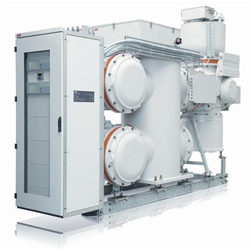



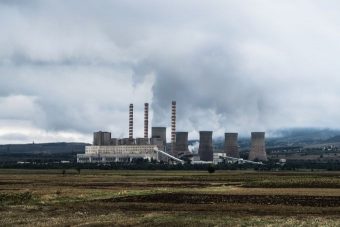

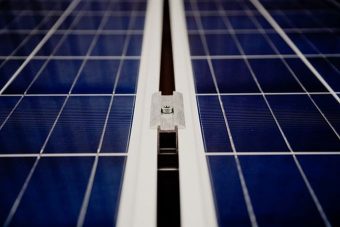

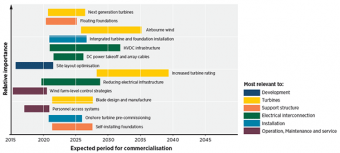 Offshore wind power has the potential to grow from just 13 gigawatts (GW) in 2015, to 100 GW in 2030, according to new analysis from the International Renewable Energy Agency (IRENA). Innovation Outlook: Offshore Wind, launched today at the World Wind Energy Conference in Tokyo, provides an overview of the future developments that will drive the offshore wind power boom, including technology advancements and further cost declines.
Offshore wind power has the potential to grow from just 13 gigawatts (GW) in 2015, to 100 GW in 2030, according to new analysis from the International Renewable Energy Agency (IRENA). Innovation Outlook: Offshore Wind, launched today at the World Wind Energy Conference in Tokyo, provides an overview of the future developments that will drive the offshore wind power boom, including technology advancements and further cost declines.
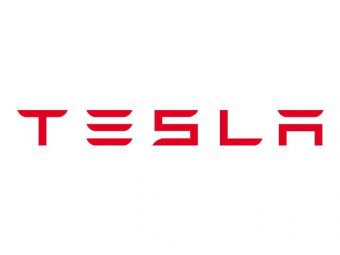
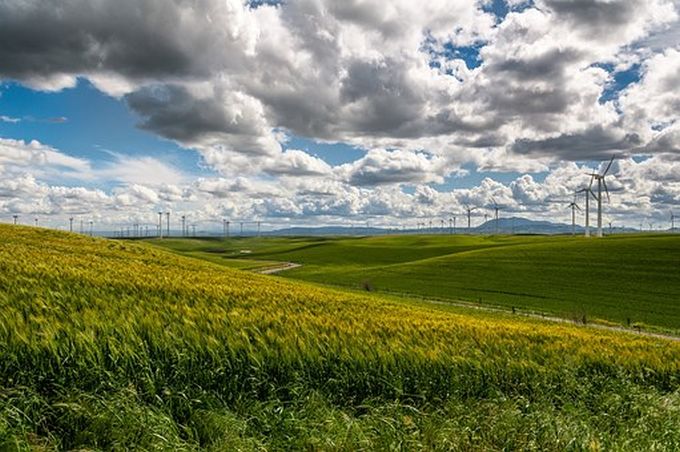
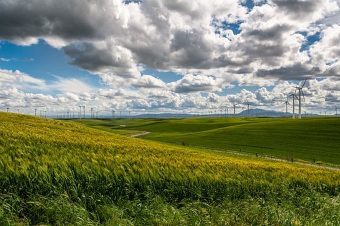
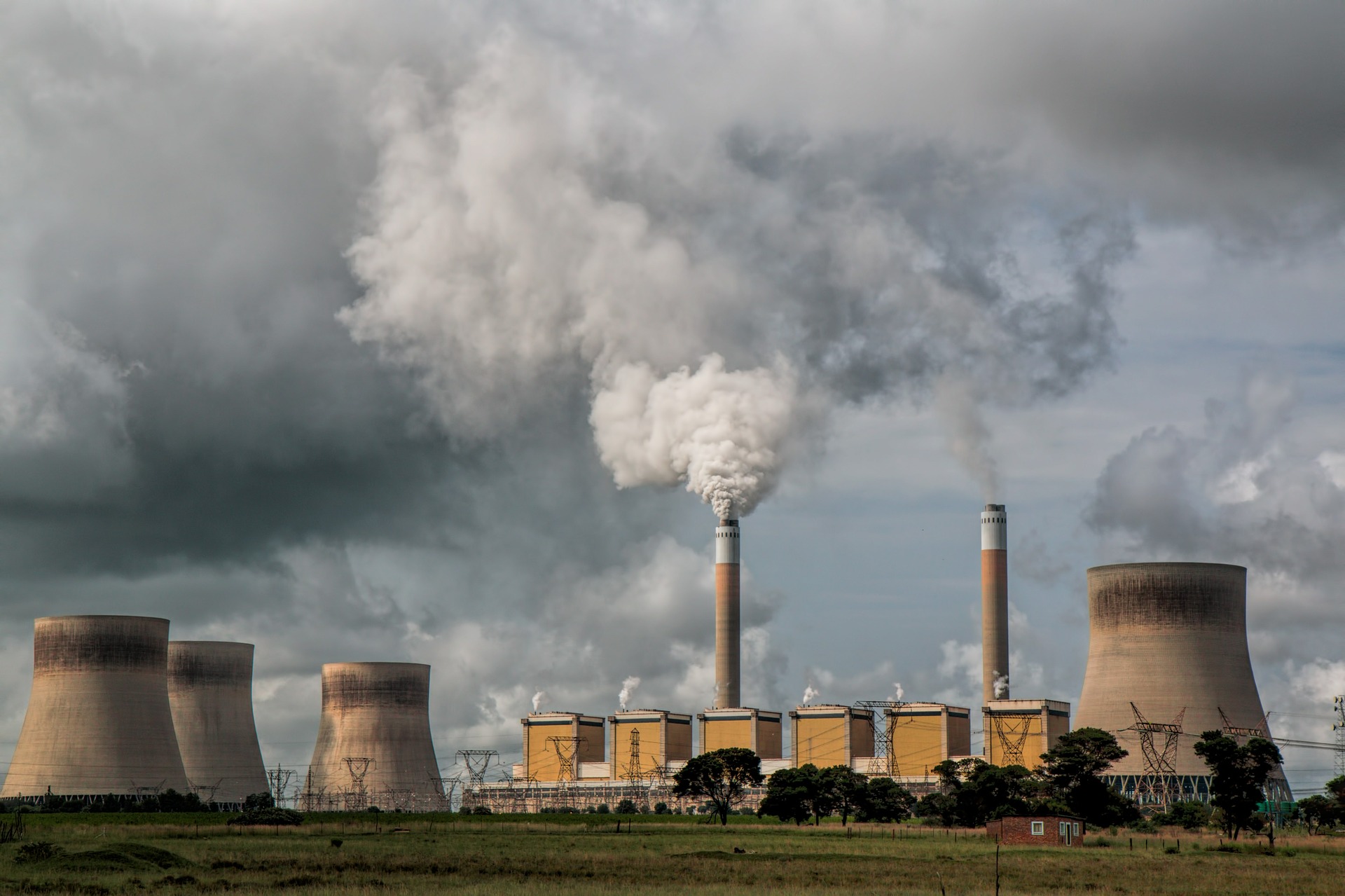
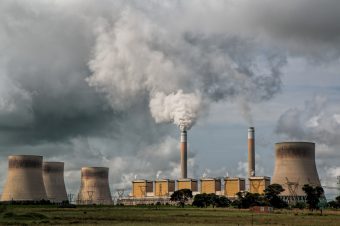
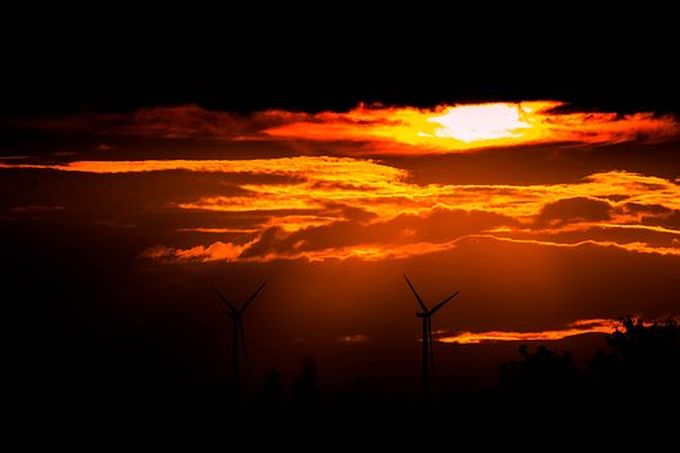
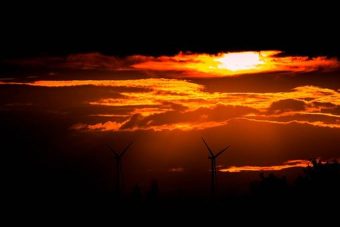
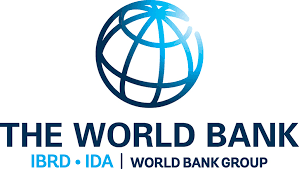

 The Deutsche Gesellschaft für Internationale Zusammenarbeit (GIZ) GmbH has been accredited as an implementing organisation by the Green Climate Fund. GIZ can now apply for financing from the fund for projects with a total volume of up to USD 250 million. It can also pass on subsidies.
The Deutsche Gesellschaft für Internationale Zusammenarbeit (GIZ) GmbH has been accredited as an implementing organisation by the Green Climate Fund. GIZ can now apply for financing from the fund for projects with a total volume of up to USD 250 million. It can also pass on subsidies.